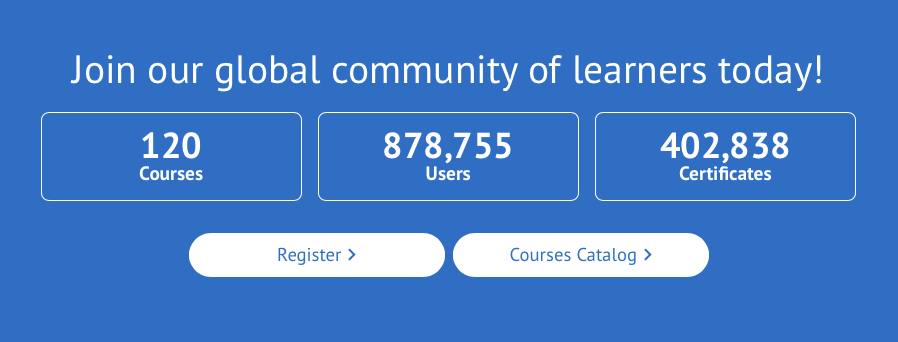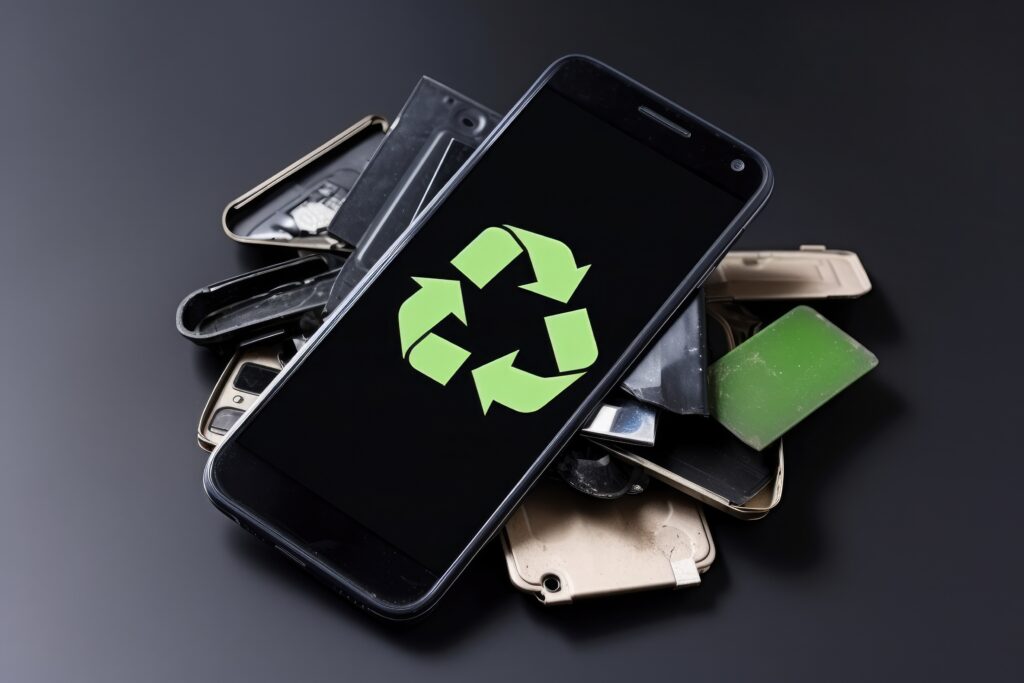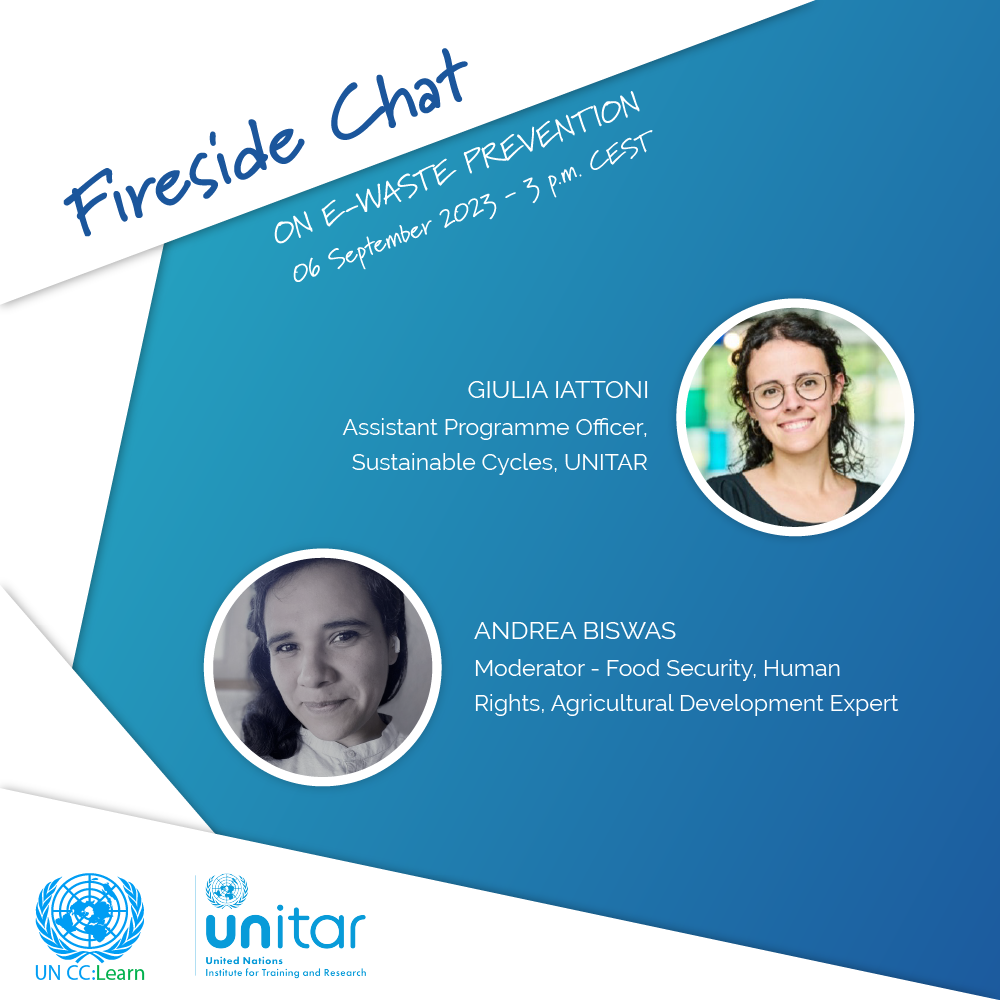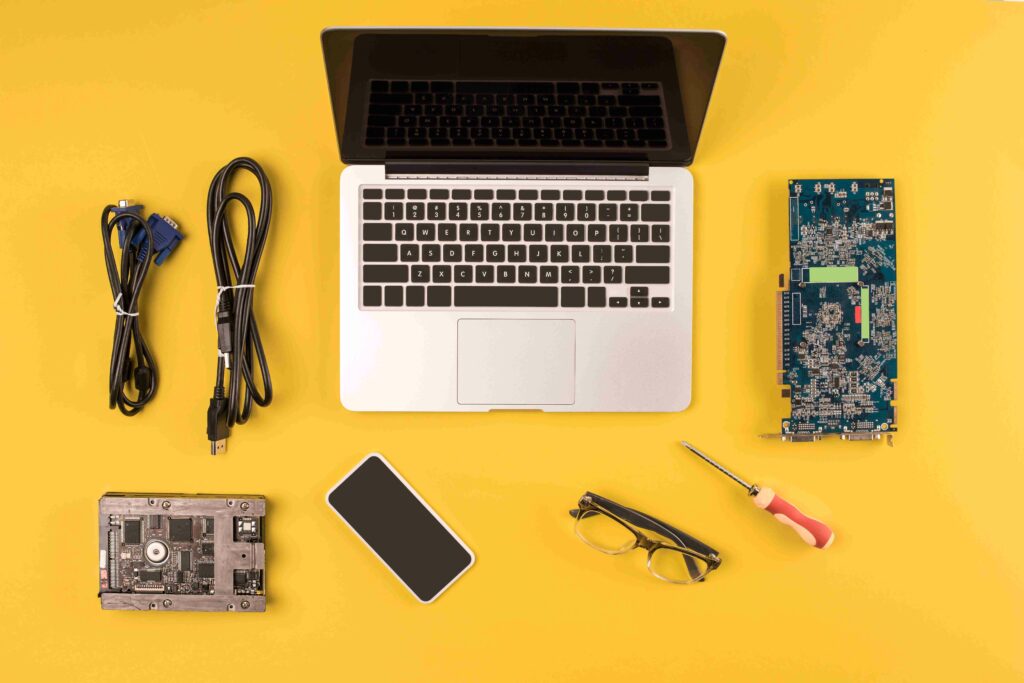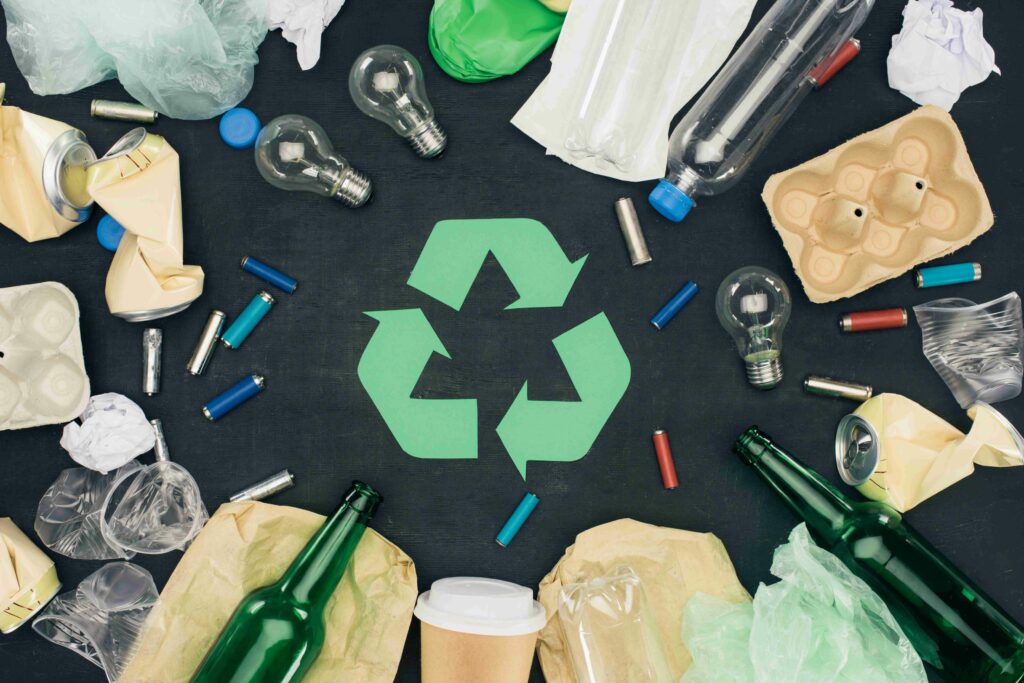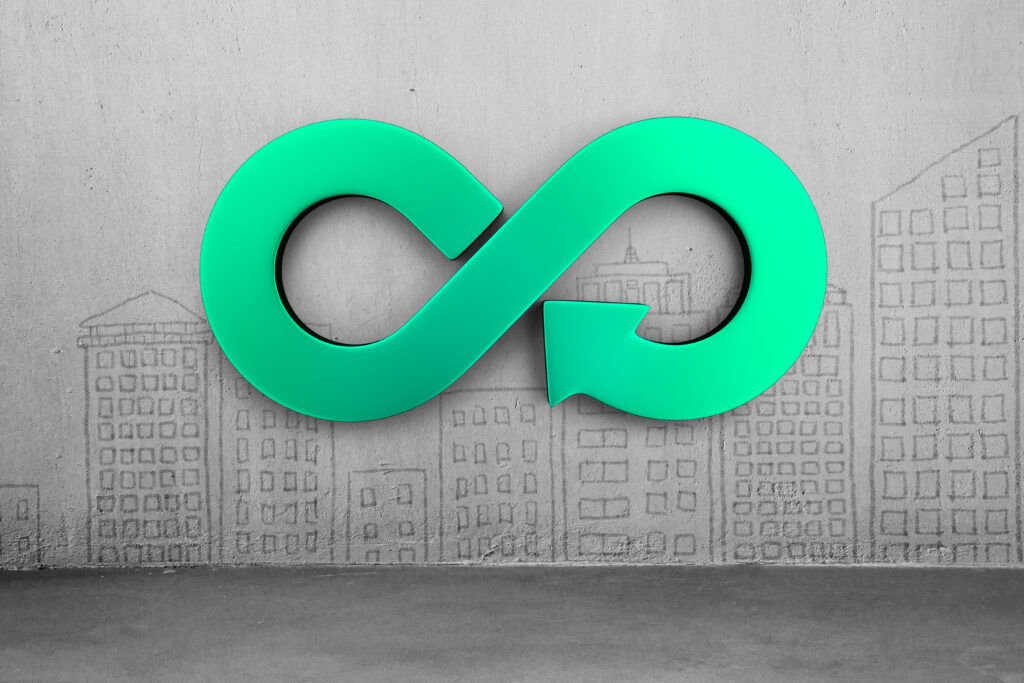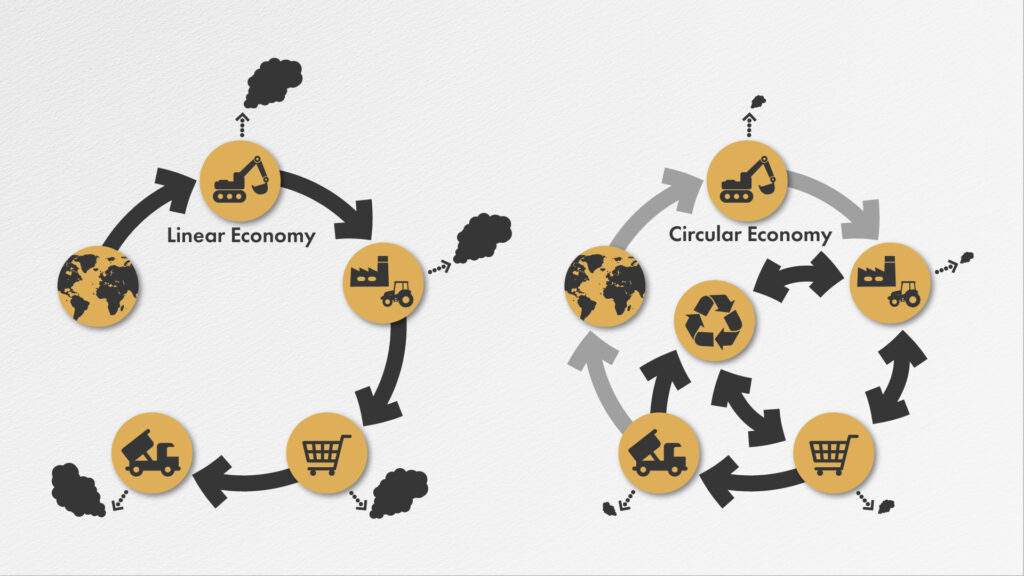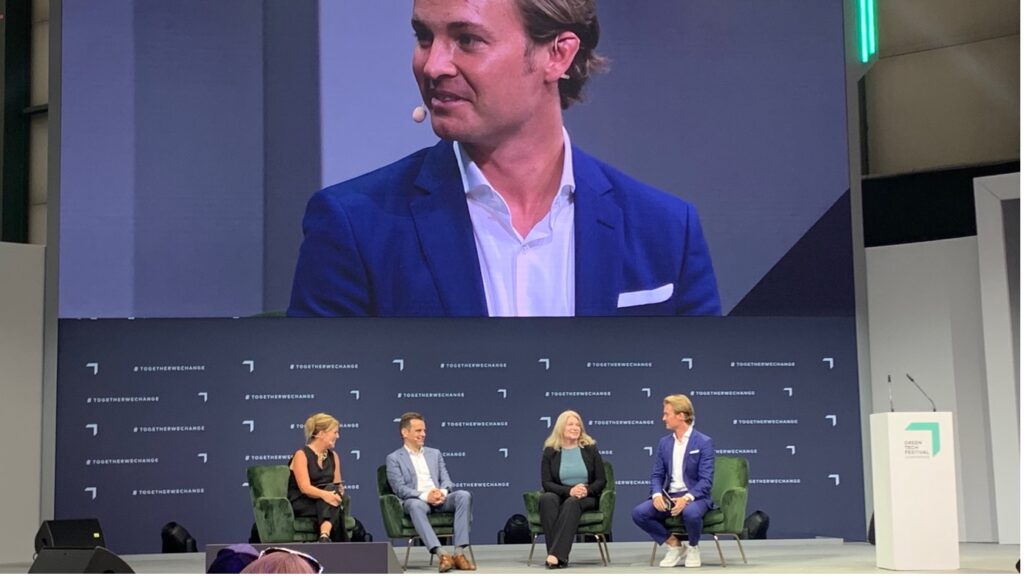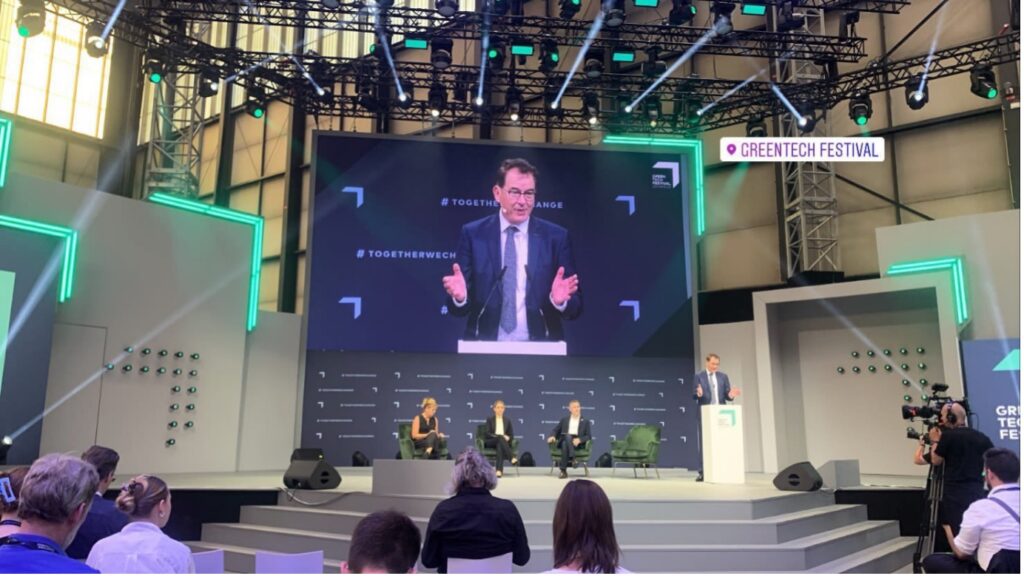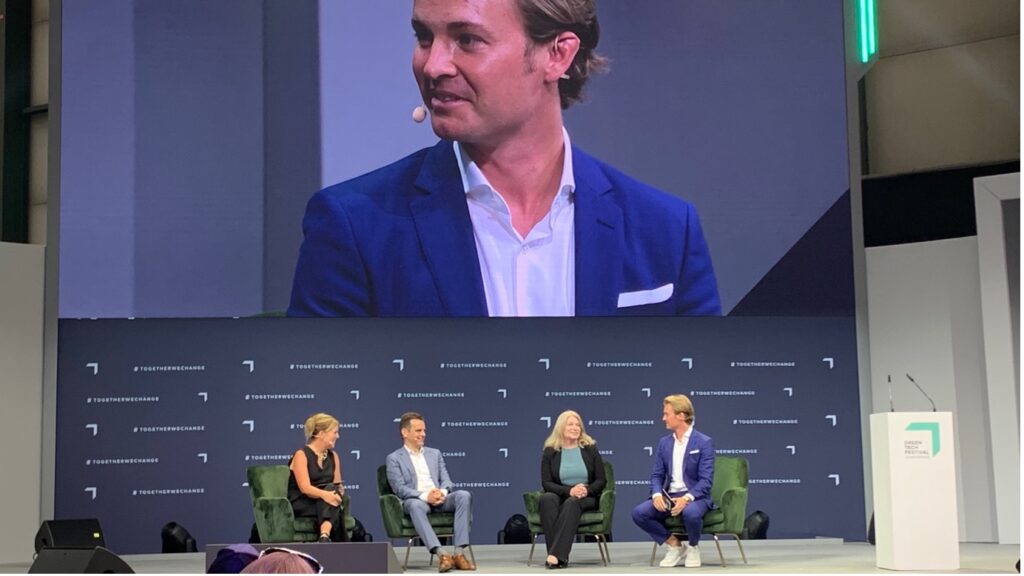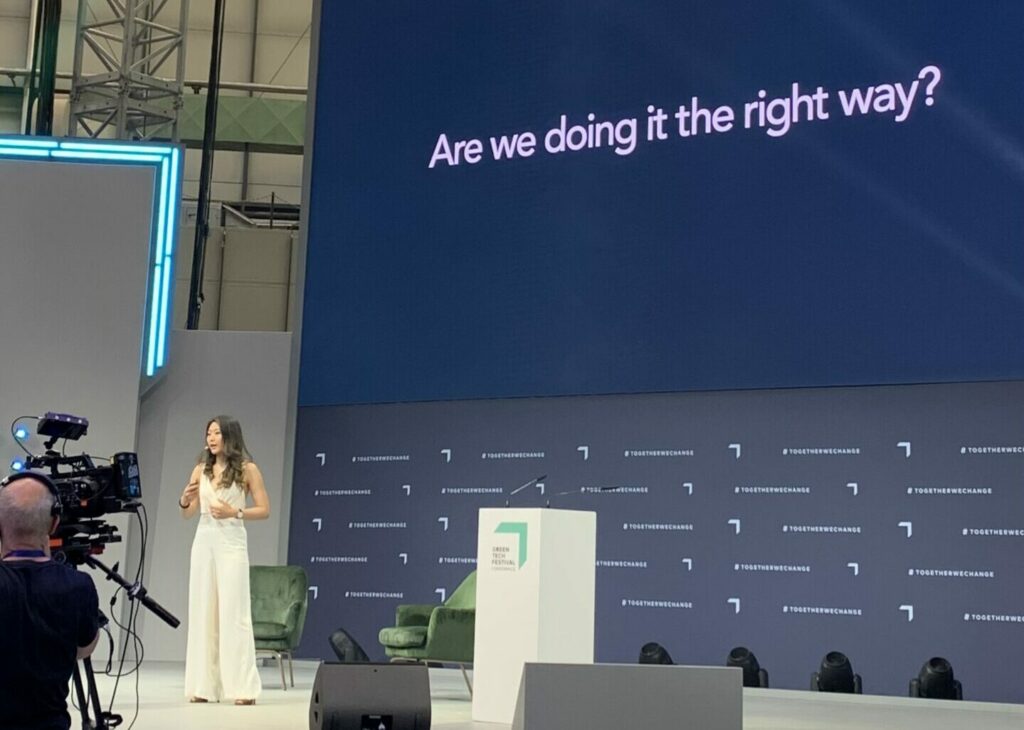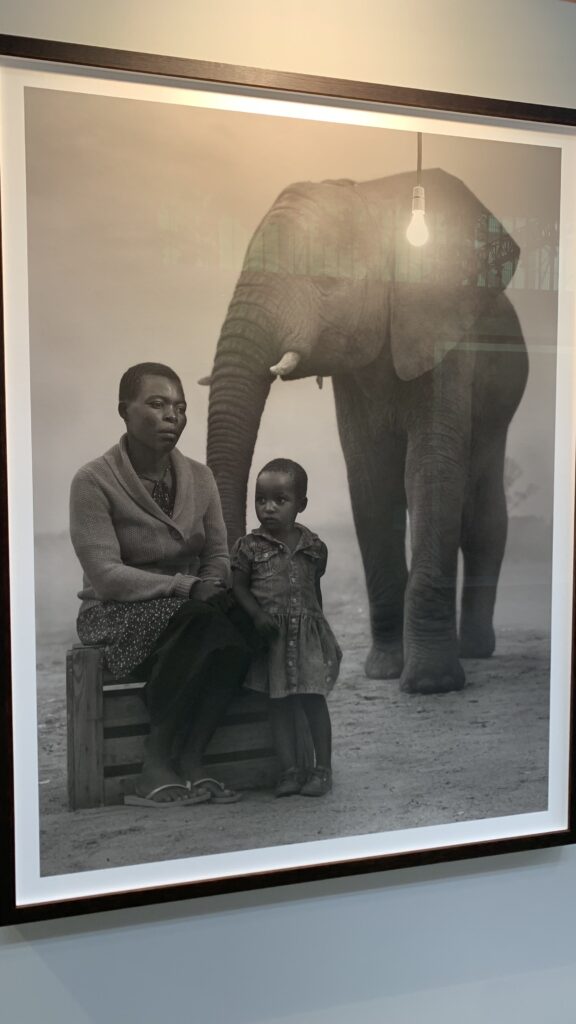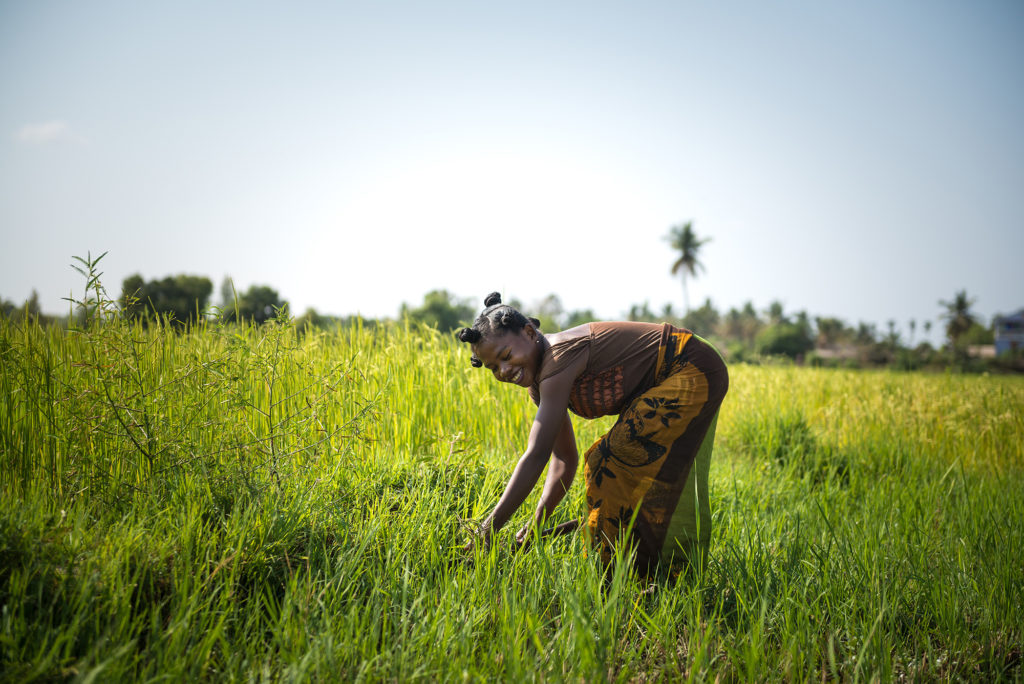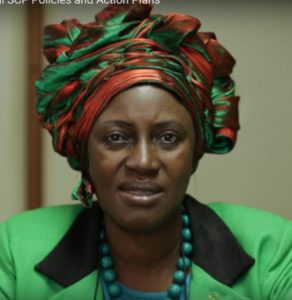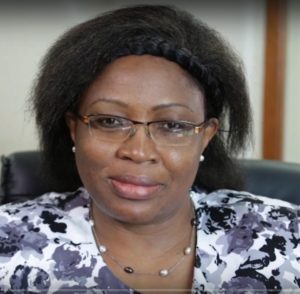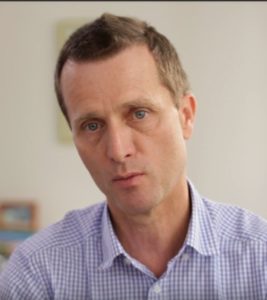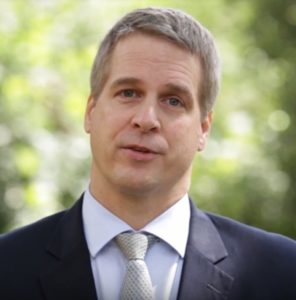Last week, the UN CC:e-Learn platform reached the important milestone of 400,000 certificates of completion issued to learners from all over the world.
This achievement would not have been possible without the full support of people globally who have continually believed in the UN CC:Learn mission and are committed to building a better and more sustainable future by building their capacities on climate change, green economy, and circular economy.
UN CC:Learn offers a range of courses within these three key topics catering to everyone, from people without any prior knowledge of these topics to experts working on these issues day-to-day. The relevance and diversity of the content proposed, which builds on the most up-to-date knowledge in each area, combined with an engaging user experience, contribute to the success of the free, self-paced, online courses offered by UN CC:Learn.
Multilingualism, tailoring, and accessibility are cornerstones of UN CC:Learn work. The e-learning platform is currently available in Chinese, English, French, Portuguese, Russian , and Spanish, and users who register on UN CC:e-Learn currently have an array of 120 courses to choose from, many of which are offered in two or more languages. This enhances user experience by allowing them to complete the courses in their native language. The flagship “Climate Change: From Learning to Action” e-course, for instance, can be done in English, Spanish, French, Russian, and Chinese.
UN CC:Learn resources also offer region-specific content, for instance through the “Circular Economy in South Africa” e-course, and can be accessed by individuals with impairments and on different supports.
Moreover, as part of UN CC:Learn’s alumni network, the alumni are invited to participate in events, such as the Fireside Chats, and challenges, like the 2024 UN CC:Learn Champions, which provide a platform for them to learn more about course topics and inspire others.
Moving forward, UN CC:Learn will keep increasing and improving its course catalogue while exploring other ways of promoting climate literacy.


